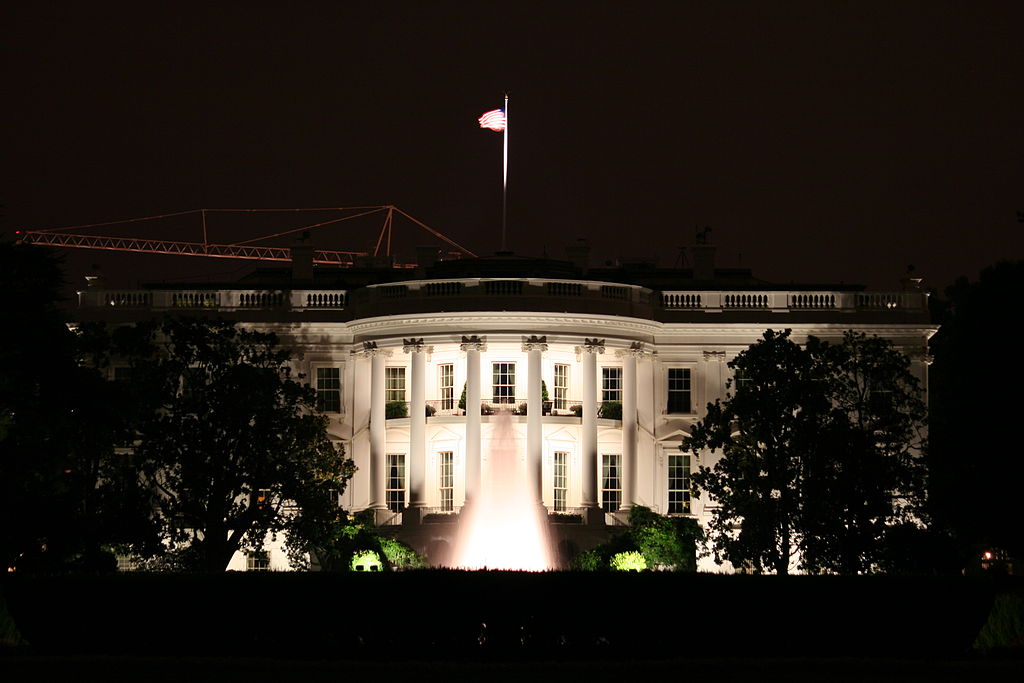Administration Officials: Not at War with All of al Shabab, But Questions Remain
Charlie Savage has an important piece regarding the Obama Administration's position on the scope of its authority under the AUMF, as it relates to al Shabab. Quoting anonymous senior administration officials, he reports:
But the administration does not consider the United States to be at war with every member of the Shabab, officials said. Rather, the government decided that Mr.
Published by The Lawfare Institute
in Cooperation With

Charlie Savage has an important piece regarding the Obama Administration's position on the scope of its authority under the AUMF, as it relates to al Shabab. Quoting anonymous senior administration officials, he reports:
But the administration does not consider the United States to be at war with every member of the Shabab, officials said. Rather, the government decided that Mr. Warsame and a handful of other individual Shabab leaders could be made targets or detained because they were integrated with Al Qaeda or its Yemen branch and were said to be looking beyond the internal Somali conflict. “Certain elements of Al Shabab, including its senior leaders, adhere to Al Qaeda’s ideology and could conduct attacks outside of Somalia in East Africa, as it did in Uganda in 2010, or even outside the region to further Al Qaeda’s agenda,” said a senior administration official. “For its leadership and those other Al Qaeda-aligned elements of Al Shabab, our approach is quite clear: They are not beyond the reach of our counterterrorism tools.”I confess I'm not entirely sure what to make of this. On one hand, both paragraphs suggest that the Administration does not categorize al Shabab as part-and-parcel of al Qaeda, nor as a co-belligerent force engaged in hostilities against the US or its coalition partners. Thus mere membership in al Shabab, or material support to al Shabab, presumably is not enough to bring particular persons within the AUMF's scope. On the other hand, it is equally clear that the Administration does believe that some al Shabab members do come within the AUMF's scope. The key question is what criteria are sufficient for that purpose. Here the two paragraphs are a bit unclear. The first paragraph suggests that some al Shabab members are "intergrated" into al Qaeda or AQAP and have aspirations beyond operations in Somalia. That's pretty vague. If the idea is that some al Shabab members also are functional or even formal members of al Qaeda or AQAP, then under the "part of" theory the administration applies to the AUMF, that might be thought to be the end of the inquiry, regardless of where such dual-hatted members intend to operate. So what to make of the mention of aspirations to operate outside Somalia? I see a couple of possibilities. One is that this is not meant to as an additional condition, but rather is something an official said in order to highlight why as a matter of policy the administration might focus now on such persons. Another is that it is meant as an additional condition, applicable in cases where the person may not actually be "part of" al Qaeda or AQAP (note the word used was integrated, not "part of") and where the underlying theory may have to do less with group membership and more to do with individual involvement in hostlities directed at the US or its coalition partners. And of course it could just be loose language. The second paragraph deserves closer attention, since it is a direct quotation. And note how it differs from the first paragraph. Rather than speaking of "integration" (with its implication of being dual-hatted), it speaks of al Shabab figures who are ideologically aligned with al Qaeda. If that is taken very literally, and if meant as a claim about the scope of the AUMF, it would imply sweeping authority to use force against a vast array of groups or individuals who share al Qaeda's perspectives but are not in any sense connected to it as an organization, so long as such groups have transnational aspirations. But I'm skeptical that this was meant to be taken so literally, or even as a claim about the scope of the AUMF (note the language is "not beyond the reach of our counterterrorism tools"; many of those tools have nothing to do with claiming authority under the AUMF). My bottom line: this is a tantalizing set of statements, but beyond clarifying that the Administration does not consider al Shabab as a whole to be within the scope of the AUMF, it would probably be wrong to infer much more from them about the legal criteria at ork.
Robert (Bobby) Chesney is the Dean of the University of Texas School of Law, where he also holds the James A. Baker III Chair in the Rule of Law and World Affairs at UT. He is known internationally for his scholarship relating both to cybersecurity and national security. He is a co-founder of Lawfare, the nation’s leading online source for analysis of national security legal issues, and he co-hosts the popular show The National Security Law Podcast.


.jpg?sfvrsn=5a43131e_7)


